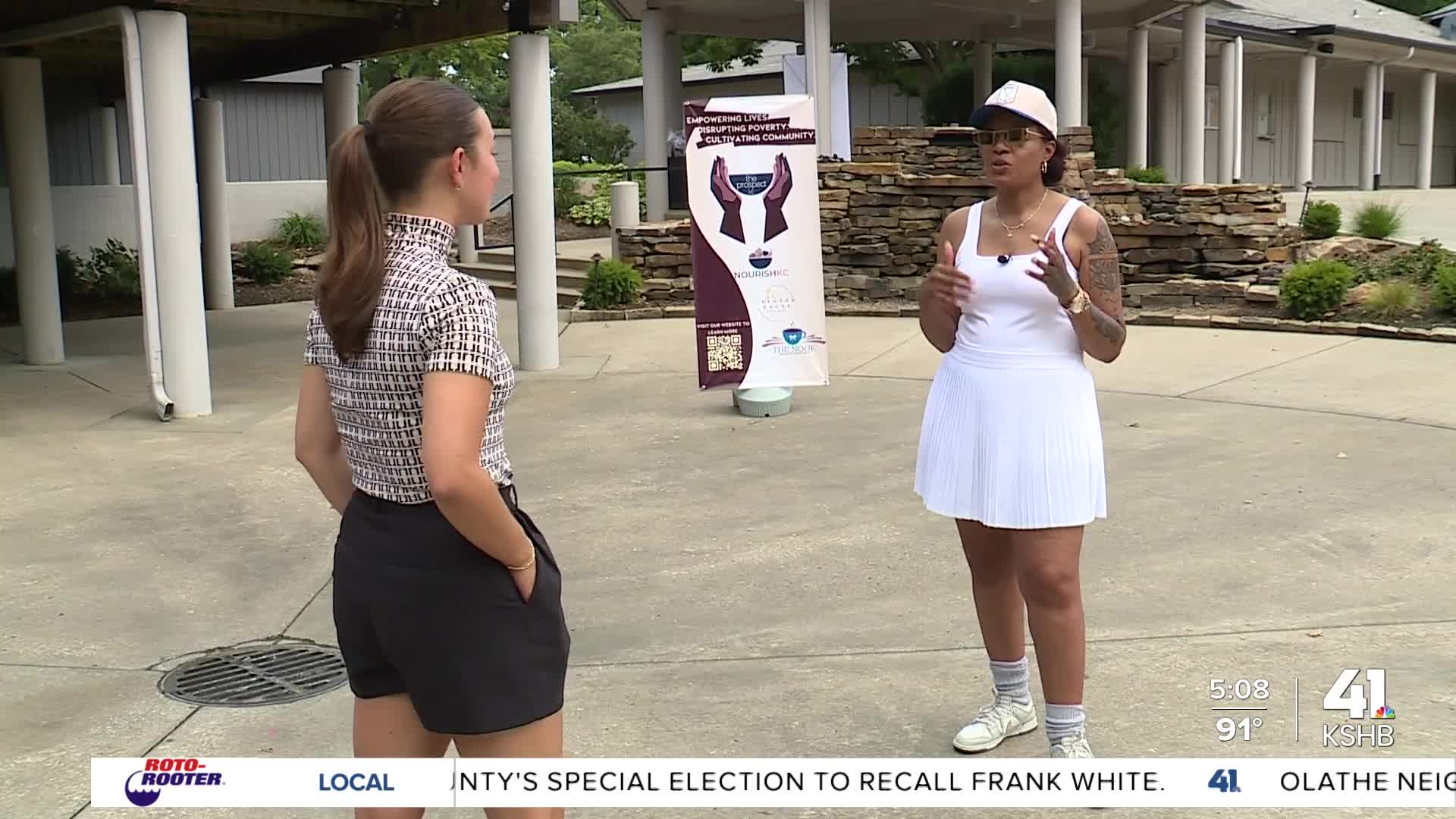KSHB 41 reporter Elyse Schoenig covers the cities of Shawnee and Mission. She also focuses on issues surrounding the cost of health care, saving for retirement and personal debt. Share your story idea with Elyse.
—
Next summer, 650,000 visitors will make their way to Kansas City for six FIFA World Cup matches. Among those gearing up for visitors are local restaurants.
Industry leaders said challenges include staffing shortages and expanding capacity to serve the expected crowds.
The city of Kansas City, Missouri, is taking steps to help restaurants expand their footprint by temporarily pausing permit fees for sidewalk cafes, street cafes and mini park spaces. Officials said this could save businesses $850 per year, a meaningful amount when profit margins are tight.
At Oddly Correct, a coffee shop in Kansas City, Missouri, co-owner Michael Schroeder is working to maximize his space. He plans to add an enclosed outdoor patio thanks to funding from the city's Outdoor Dining Enhancement Grant.
"You can only fit so many people, and to be profitable in Kansas City, you really need to bring more people in than that," Schroeder said.

But expanding seating is just one piece of the puzzle. Schroeder acknowledged the broader challenges small business owners face.
"The picture for a small business owner in Kansas City right now is pretty harrowing," Schroeder said.
Shanita McAfee-Bryant is the executive director of Prospect KC. She said staffing shortages pose an even bigger concern as the city prepares to welcome visitors for the World Cup.
"I think we're in a scary spot," McAfee-Bryant said.

She said her nonprofit is looking out for the city's population that could most benefit from this temporary employment.
"When we did a study, we looked on Indeed, and currently, there are 6,000 open hospitality jobs, which is a lot, considering that we're going to have 650,000 people descend upon this region," McAfee-Bryant said.
Regional data from the Mid-America Regional Council shows Kansas City's food industry is still over 1,000 jobs short of pre-pandemic levels.
"We don't want to diminish all the hard work that we have done as a city to prepare for this event by just not having the level of service that we need to be ready," McAfee-Bryant said.

It's a double-edged sword: having enough space to welcome the world while ensuring enough workers fill a void.
"If us in the service industry don't keep up with the demands of the labor force, then we won't have a labor force," Schroeder said.
—
This story was reported on-air by a journalist and has been converted to this platform with the assistance of AI. Our editorial team verifies all reporting on all platforms for fairness and accuracy.





